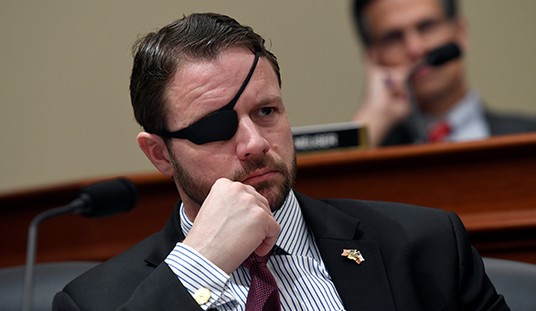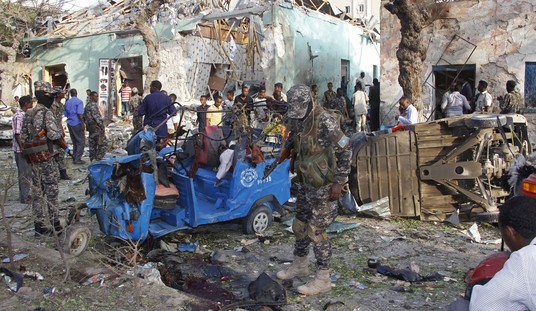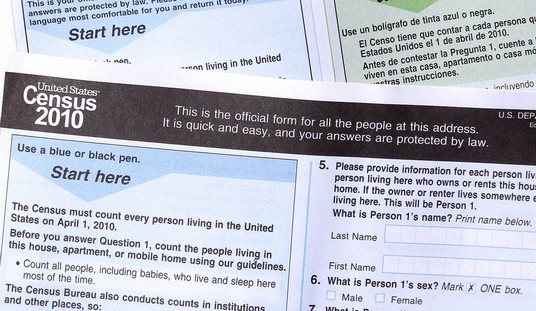From Paul Johnson’s Modern Times:
Yet all this ingenuity went for nothing. The Far East war began at 1.15 am on 7 December with a sea-bombardment of the Malayan landing area, the attack on Pearl Harbor following two hours later. The Pearl Harbor assault achieved complete tactical surprise. All but twenty-nine planes returned to their carriers and the fleet got away safely. But the results, though they seemed spectacular at the time, were meagre. Some eighteen warships were sunk or badly damaged, but mostly in shallow water. They were raised and repaired and nearly all returned to active service in time to take part in major operations; losses in trained men were comparatively small. As luck would have it the American carriers were out at sea at the time of the attack, and the Japanese force commander, Admiral Nagumo, had too little fuel to search and sink them, so they escaped completely. His bombers failed to destroy either the naval oil storage tanks or the submarine-pens, so both submarines and carriers – now the key arms in the naval war – were able to refuel and operate immediately.
All this was a meagre military return for the political risk of treacherously attacking a huge, intensely moralistic nation like the United States before a formal declaration of war. This may not have been the Japanese intention (it is still being argued about) for their arrangements were a characteristic mixture of breathtaking efficiency and inexplicable muddle. But it was the effect. Secretary of State Hull knew all about the Pearl Harbor attack and the ultimatum by the time the two Japanese envoys handed him their message at 2.20 pm, and had rehearsed his little verdict of history (he was a Tennessee judge): in all my fifty years of public service I have never seen a document that was more crowded with infamous falsehood and distortions on a scale so huge that I never imagined until today that any government on this planet was capable of uttering them.’ Then, to the departing diplomats: ‘Scoundrels and piss-pants!’ Thus America, hitherto rendered ineffectual by its remoteness, its racial diversity and its pusillanimous leadership, found itself instantly united, angry and committed to wage total war with all its outraged strength. Hitler’s reckless declaration the following week drew a full measure of this enormous fury down upon his own nation.
In a Strategy Page article this week, Austin Bay adds:
After Dec. 7, 1941, the U.S. built a defense establishment designed to prevent another Pearl Harbor. America spent trillions of dollars spying on potential perpetrators of a surprise attack, building a security establishment to deter or defeat it, and engineering equipment to fulfill those missions.
Though the U.S. and U.S. allies suffered severe surprise attacks — for example, Korea in 1950 and Tet (Vietnam) in 1968 — in terms of protecting military capacities from pre-emptive attack, that effort has been successful.
We failed to protect American soil from attack, however, which is the hard shock 9-11 shares with Pearl Harbor. Sept. 11 was another egregious failure of imagination linked with dismissive assumption. Al-Qaida declared war on the U.S., but American leaders preferred to treat the threat as criminal rather than military. Violent cults waging long-term cultural and theological struggles with the terms of social and technological modernity aren’t new. Their ability to employ massively destructive power at strategic distances is, however.
Al-Qaida used jumbo jets as ICBMs; all it lacked was a nuclear weapon. U.S. strategists had wargamed suicide aircraft attacks, but the conventional wisdom labeled the plot too Hollywood. Like Pearl Harbor, post-911 attack examination revealed that U.S. intelligence agencies had clues and facts, but failed to assimilate the data into a design — the design of an audacious enemy.
Surprise will occur, but the acme of preparedness is limiting its effects. Dispersal of forces is a commonsense military discipline, even in peace time. Neat lines of anchored battleships in Pearl Harbor are a photo op, not common sense. A violent organization that announces it has declared war on America is no mere criminal problem.
Sadly, I’m not sure if the current administration entirely agrees.
Related: And political correctness can be as good as stealth technology in blinding America to future attacks.










Join the conversation as a VIP Member